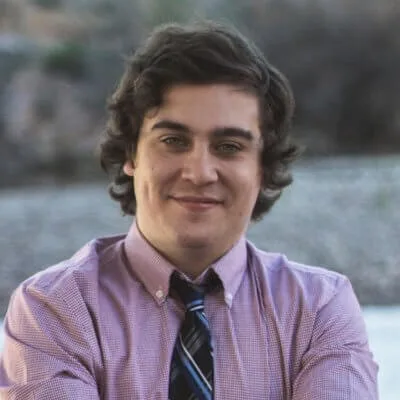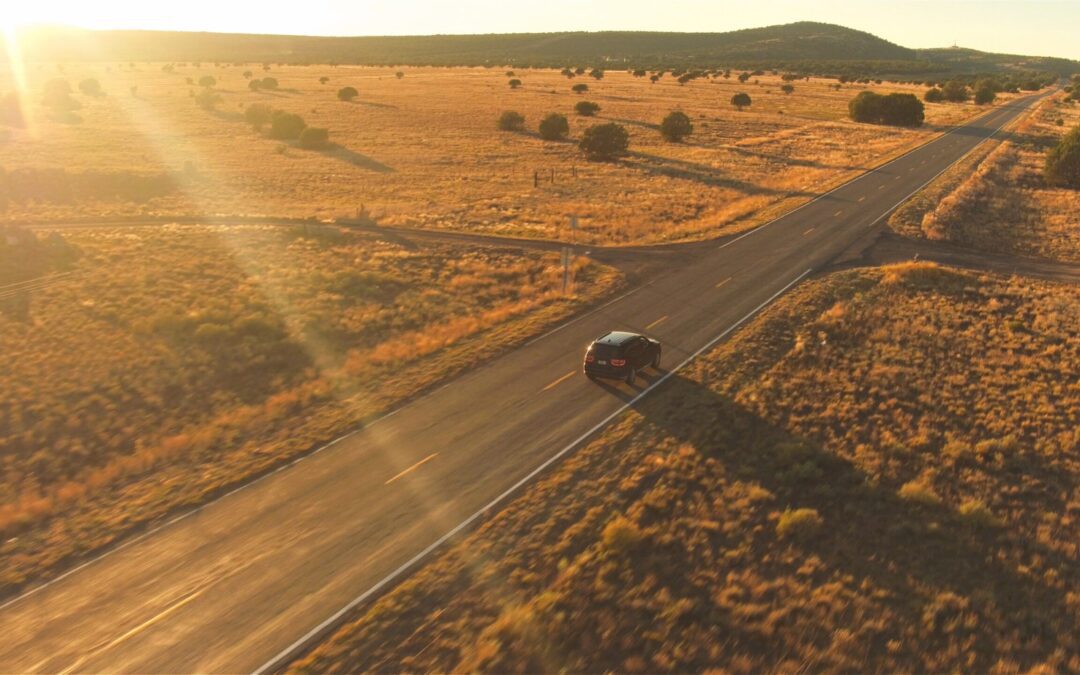
(Shutterstock Photo/ldutko)
Jasmine Viehe helped bring “day one” abortion care to Flagstaff.
In 2016, Jasmine Viehe and her two children moved from rural Alaska to Flagstaff, where Viehe had a job opportunity.
Then, Viehe had an unexpected pregnancy. Living on limited resources, trying to advance her career, and raising two children on her own, Viehe knew she couldn’t have another child. However, she also couldn’t find nearby abortion care.
“So many folks do not understand the hurdles that are in place until you actually have personal experience with it,” Viehe said. “I felt very alone… It created so many burdens and barriers.”
Viehe eventually found an abortion care provider two-and-a-half hours away in Phoenix—but the panic she’d felt during the experience left an impression on her.
“When we have that kind of experience behind us, we can try to create new paths and find ways to…[look] for creative solutions,” she said.
Today, Viehe is the outreach clinical coordinator for Camelback Family Planning in Phoenix. As part of her work, she helped develop a partnership with multiple Flagstaff area medical offices, which host abortion care providers from Phoenix every other Saturday.
“We provide day-one services at a medical office here in town,” Viehe said. Then, abortion medications or procedures can be administered the following day at a clinic in central or southern Arizona.
In Arizona, abortions are legal until a pregnancy reaches 15 weeks. To get an abortion, the pregnant person must first undergo “day one services”—including an ultrasound and physician counseling. After the visit, there’s a mandatory 24-hour waiting period before the abortion—whether medication-based or surgical—can be performed.
Viehe said she spoke with a mother recently who was extremely grateful for the service in Flagstaff.
“She was struggling with the fact of having to negotiate time off at her job for multiple days of medical care, so this eliminated some of that stress and burden for her,” she said.
For many women, having the Camelback staff visit Flagstaff twice a month means they can now access care that was formerly out of reach. There are currently seven clinics that provide abortions in Arizona—two in Tucson, four in Phoenix, and one in Glendale. That’s a problem for people living anywhere else across the state.
Pregnant people will still need to make at least one trip to a clinic in Tucson, Phoenix, or Glendale to get an abortion, but implementation of these “day-one” services means they won’t need to make that trip twice or stay overnight to satisfy the mandatory 24-hour waiting period.
The Flagstaff “day-one” services haven’t been available for even a full year yet, but Viehe said she can already see a positive impact.
“I think the potential is far-reaching, and we’re excited to normalize the fact that people can get these services here in Flagstaff,” Viehe said.
READ MORE: What it’s like to be a student in one of Arizona’s most expensive cities for housing
A 2022 poll from the firm Predictive Insights found that 87% of Arizona voters wanted abortion to be legal in some or all cases—and Viehe is part of a growing coalition of people who want to see abortion protected in the state’s constitution.
“Getting that passed here in Arizona will be one of the things that can happen to reduce the stigma around abortion,” said Susan Shapiro, a member of the Flagstaff Abortion Alliance—a group led by the political action committee Arizona for Abortion Access. They’ve launched an effort to put an amendment on the 2024 ballot, enshrining the fundamental right to reproductive freedom in the Arizona Constitution.
Volunteers and activists are currently gathering signatures—they’ll need a minimum of 383,923 by July 3, 2024 to qualify for the November election.
“We should have the freedom to make these decisions without interference from politicians,” Shapiro said. “I mean, we’ve had it on the ballot in eight different states and it has succeeded every time. I see no reason it’s going to be any different here in Arizona.”
Since the US Supreme Court made a decision in Dobbs v. Jackson in mid-2022—a decision that reversed the abortion rights protected under 1973’s Roe v. Wade—many states across the US have put the issue in the hands of their voters. Since Dobbs, abortion care was defended, legalized, or constitutionally enshrined by voters in Kansas, California, Vermont, Montana, Kentucky, Michigan, and Ohio.
Dobbs also raised arguments for abortion access in Arizona. If you need to catch up, here’s a quick timeline looking at abortion care in our state. On Dec. 12, 2023, however, the latest case covering reproductive freedom was taken up by the Arizona Supreme Court—a question over whether to reinstate an 1864 law criminalizing abortion care of any kind, except to save the life of the mother.
READ MORE: Arizona Supreme Court to hear arguments on 1864 abortion ban
The six members of the Arizona Supreme Court who are hearing the case on reinstating the 1864 law were appointed by Republican governors. If they do reinstate the law, there will be a period of time between then and the 2024 election where abortion is almost entirely illegal in Arizona.
“Women will be forced to go out of state,” Shapiro said. “There will be no services … I think it will create an atmosphere of fear and mistrust for those who do have to find a way to get their abortion. I mean, it’s horrifying to think about.”
Until we have more news on the Court’s decision, activists like Viehe will continue to find ways to widen the path to reproductive care for all Arizonans. And influential people are watching. In fact, Viehe’s experience with her own pregnancy and abortion was documented in an amicus brief for a case filed by Democratic Gov. Katie Hobbs’ office.
“I think we are in a quickening moment here in Arizona,” Viehe said. “We are on the brink of our 2024 election year. I think it is important for us to remain vigilant in this moment and know that we have to prepare ourselves for an ongoing attack.”
“I think the best thing is that these moments are so pivotal, and they give us an opportunity to get involved, and I think that’s really what is the antidote to the fear and the traumas surrounding these infringements.”
Subscribe to The Copper Courier’s daily newsletter! We keep it 💯—just like the temperature.
Politics
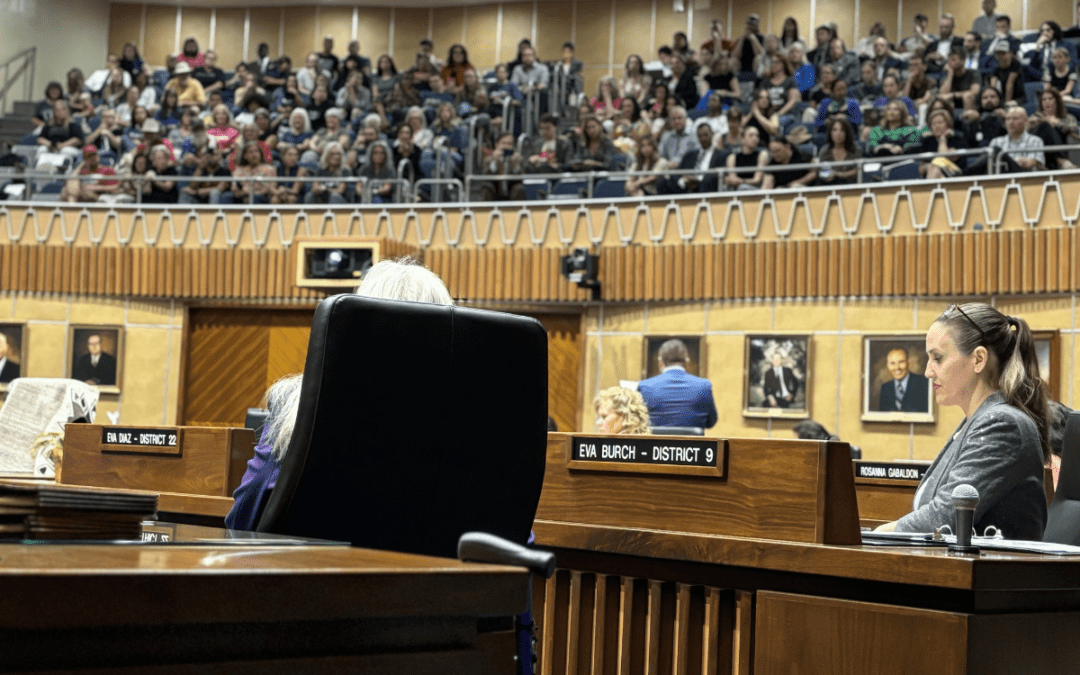
Democrats successfully force vote on repealing 1864 abortion ban, passes House
The Arizona legislature moved forward two bills Wednesday that would repeal the state’s 1864 abortion ban. A bill to repeal the ban has been...
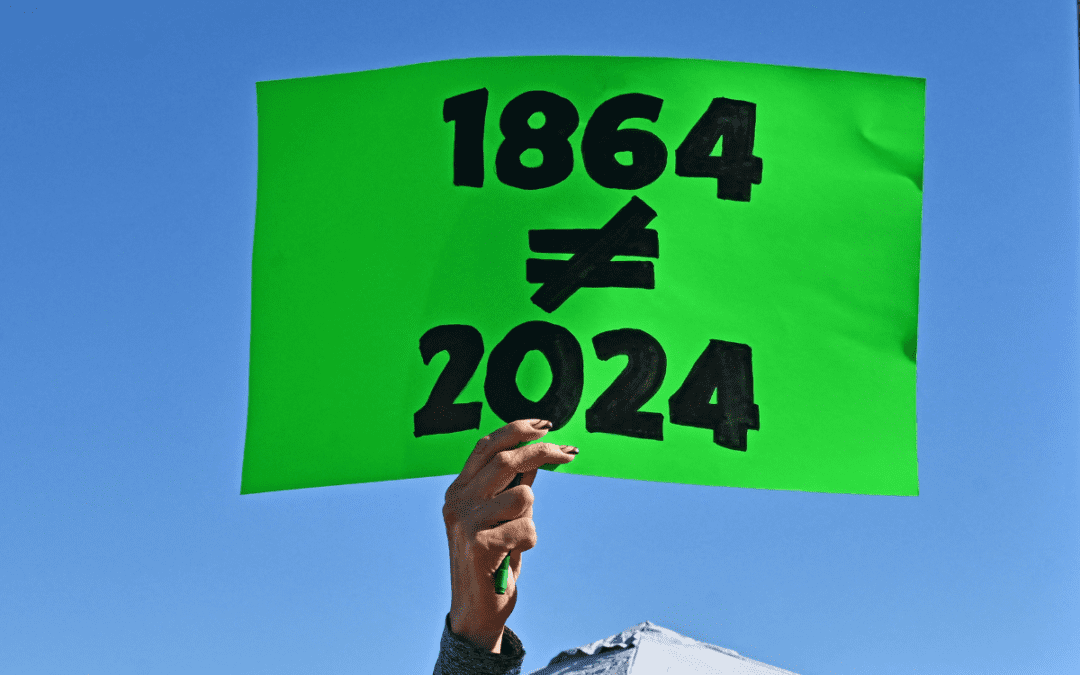
State Official: 1864 abortion ban gives Arizona ‘black eye’
Arizona’s role at the forefront of the climate crisis, defending democratic elections, and protecting reproductive rights has caught the attention...
Local News
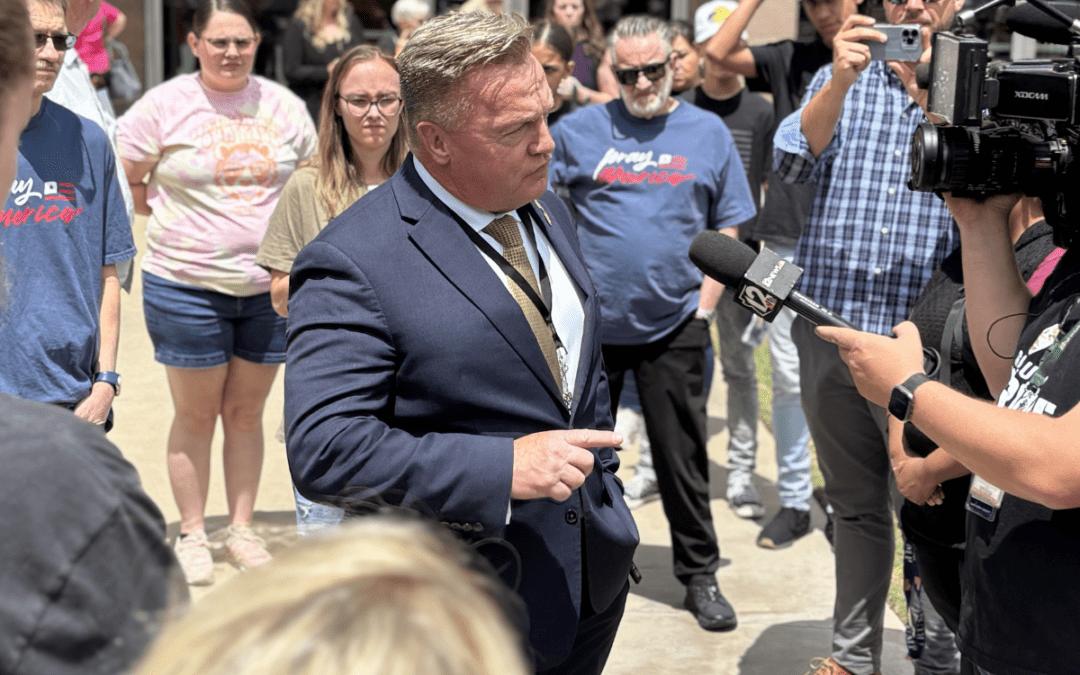
Arizona Sens. Anthony Kern, Jake Hoffman, indicted for fake election scheme
Eighteen individuals involved in a conspiracy to overturn Arizona’s election results in 2020 were indicted by a grand jury Wednesday and charged...
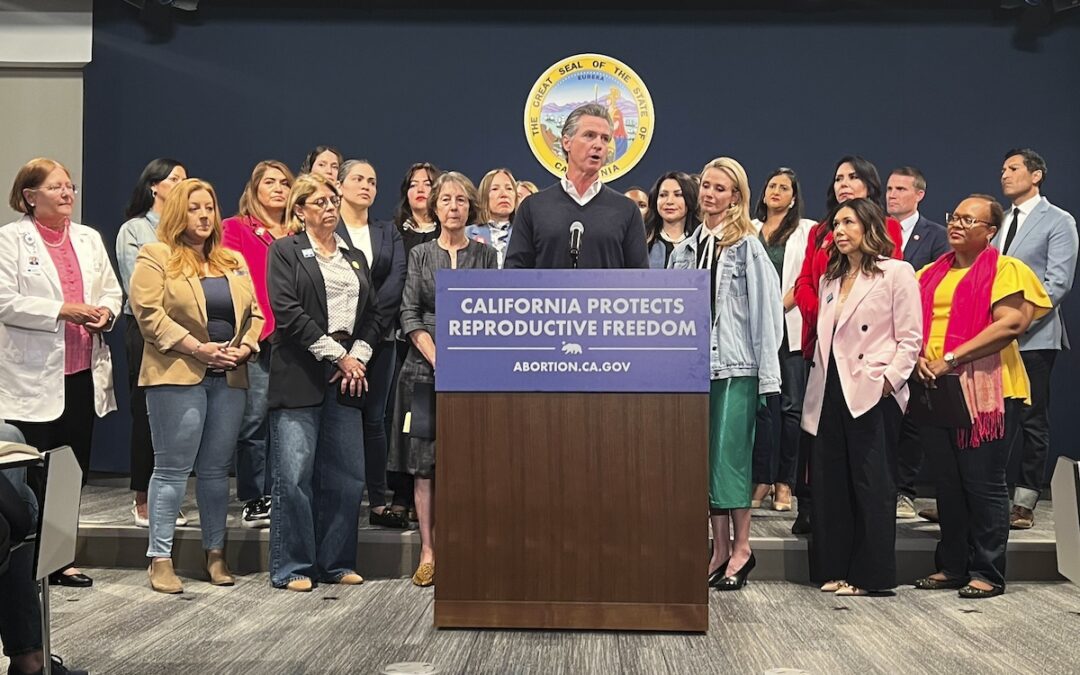
Gov. Gavin Newsom wants to let Arizona doctors provide abortions in California
California law generally allows abortion up to the point of fetal viability, which is around 24 weeks. SACRAMENTO, Calif. (AP) — Arizona doctors...

